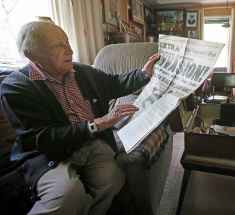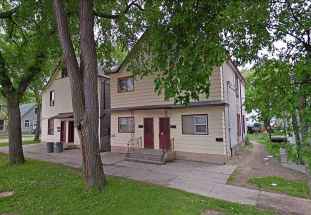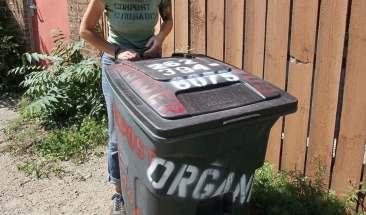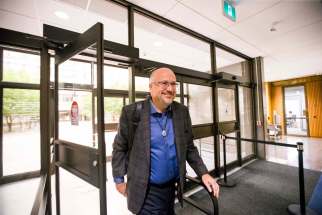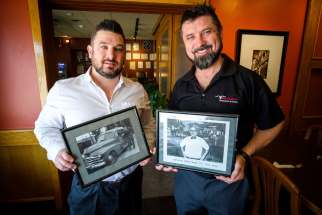City’s environment committee considers curbside compost project
Read this article for free:
or
Already have an account? Log in here »
To continue reading, please subscribe:
Monthly Digital Subscription
$19 $0 for the first 4 weeks*
- Enjoy unlimited reading on winnipegfreepress.com
- Read the E-Edition, our digital replica newspaper
- Access News Break, our award-winning app
- Play interactive puzzles
*No charge for four weeks then billed as $19 plus GST every four weeks. Offer only available to new and qualified returning subscribers. Cancel any time.
Read unlimited articles for free today:
or
Already have an account? Log in here »
Hey there, time traveller!
This article was published 04/06/2019 (2032 days ago), so information in it may no longer be current.
Winnipeg’s public service has been instructed to develop a city-wide, curbside organic waste pilot project that — pending council approval — will be rolled out next year.
The environment committee, which oversees waste collection, voted in favour of the move Wednesday (as well as other items included in the department’s municipal five-year waste management strategy).
Prior to being implemented in 2020, at an estimated cost of at least $1.2 million, the pilot project would first need to get approval from the executive policy committee and city council.
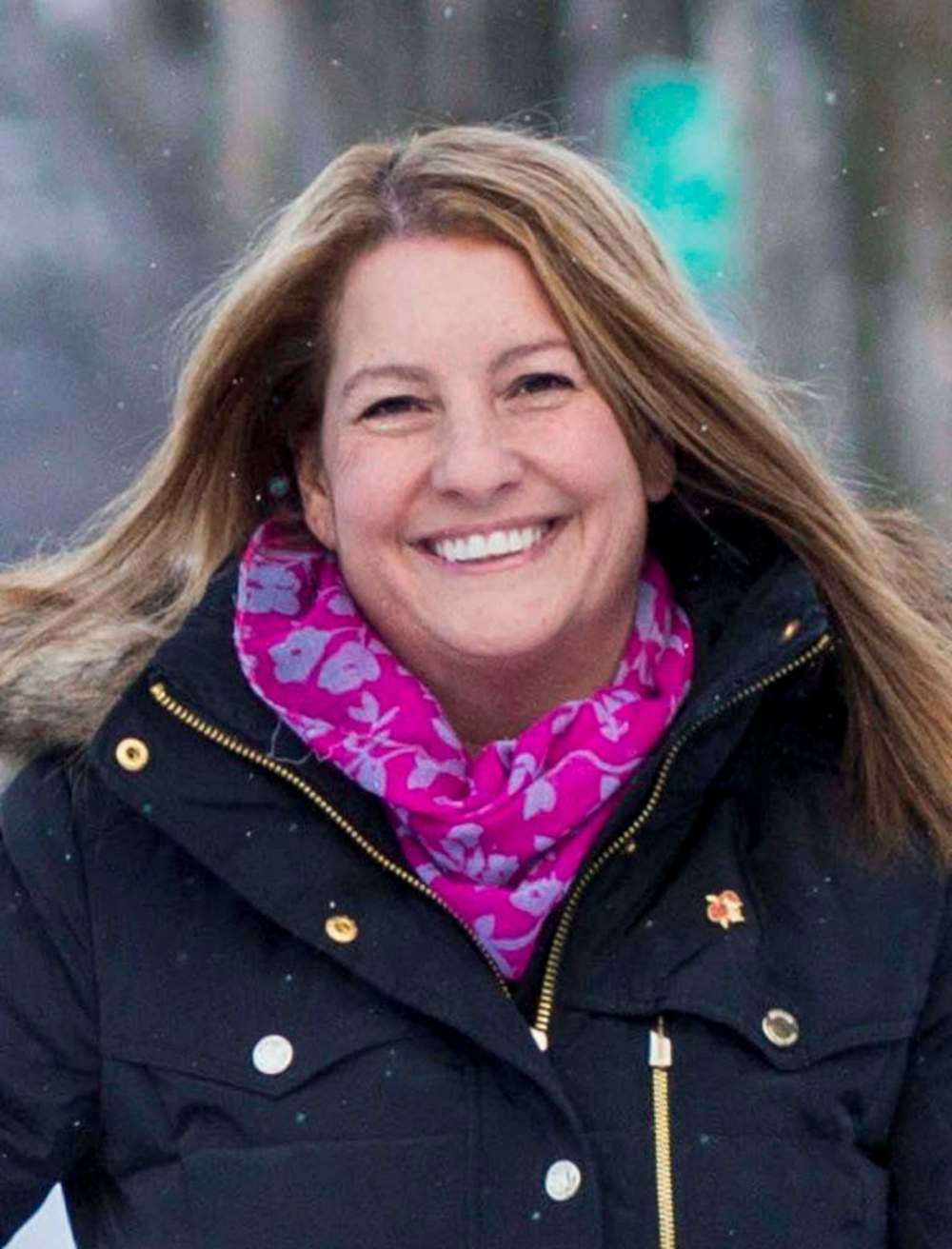
Couns. Cindy Gilroy (Daniel McIntyre) and Markus Chambers (St. Norbert-Seine River) voted in favour of the motion, while Coun. Kevin Klein (Charleswood-Tuxedo-Westwood) voted against.
“I’ve been somebody who has really wanted an organics program in the City of Winnipeg. We are the last major city in Canada not to have an organics program. So for me, I really want to see this move forward — and I think this is a really good, positive step,” said Gilroy, who chairs the committee.
A city report tabled at the committee indicated the earliest Winnipeg could have a permanent city-wide organic waste program in place by is 2026.
‘This is going to be a very costly project. To have a full-scale organics program, which would include things like meat and dairy, maybe even dog waste, cat litter, those types of things would need a processing plant’
– Cindy Gilroy
While Klein suggested the City of Winnipeg has been doing nothing but dragging its feet on this issue for years, Gilroy said she’s fine waiting until 2026, if that means doing things right and building a proper organic waste treatment plant.
“This is going to be a very costly project. To have a full-scale organics program, which would include things like meat and dairy, maybe even dog waste, cat litter, those types of things would need a processing plant,” Gilroy said.
“If we really want the best bang for our buck, in terms of climate change, we would need a full-scale organics program… In order to do that, those things cost money, and so we have to come up with a solution to that problem, because — as you know — here at the city, we don’t have tons of it.”
Meanwhile, the committee shot down an appeal by a local developer who was seeking approval to install a $50,000 grey water treatment and recycling system at a proposed six-unit apartment complex on Arden Avenue.
The grey water system seeks to minimize water consumption. It is accepted in numerous other jurisdictions, and was endorsed as a city strategy several years ago.
However, members of the public service said Wednesday the city doesn’t feel grey water systems can be implemented at this time since, unlike other jurisdictions, Winnipeg doesn’t have the needed regulatory system in place.
Klein was the only committee member who voted against the public service’s recommendation, saying it was one more example of how Winnipeg is lagging behind best practices being implemented in other major Canadian cities.
“That’s why I keep asking these questions… I don’t know if you can put your finger on one thing, but we’ve got to start having that discussion and moving things forward,” Klein said. “We can talk and talk, but we have to start implementing some of these programs.”
ryan.thorpe@freepress.mb.ca
Twitter: @rk_thorpe

Ryan Thorpe
Reporter
Ryan Thorpe likes the pace of daily news, the feeling of a broadsheet in his hands and the stress of never-ending deadlines hanging over his head.
Our newsroom depends on a growing audience of readers to power our journalism. If you are not a paid reader, please consider becoming a subscriber.
Our newsroom depends on its audience of readers to power our journalism. Thank you for your support.


